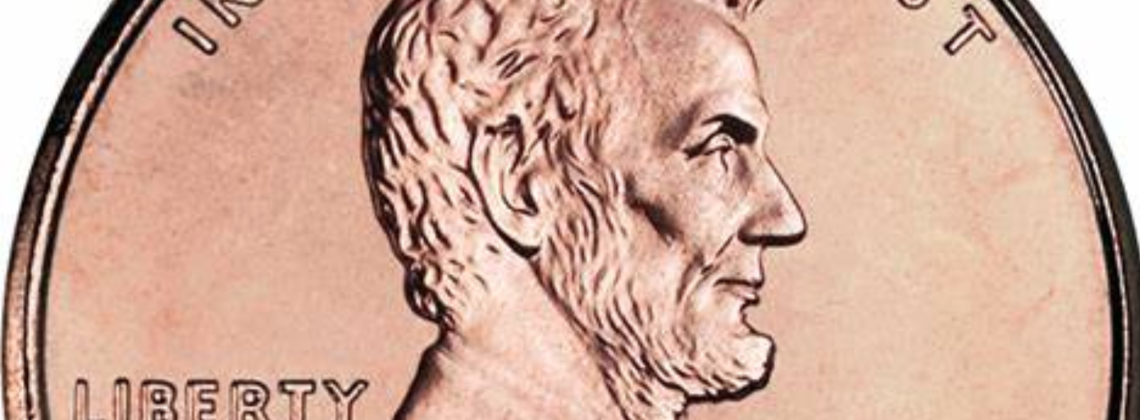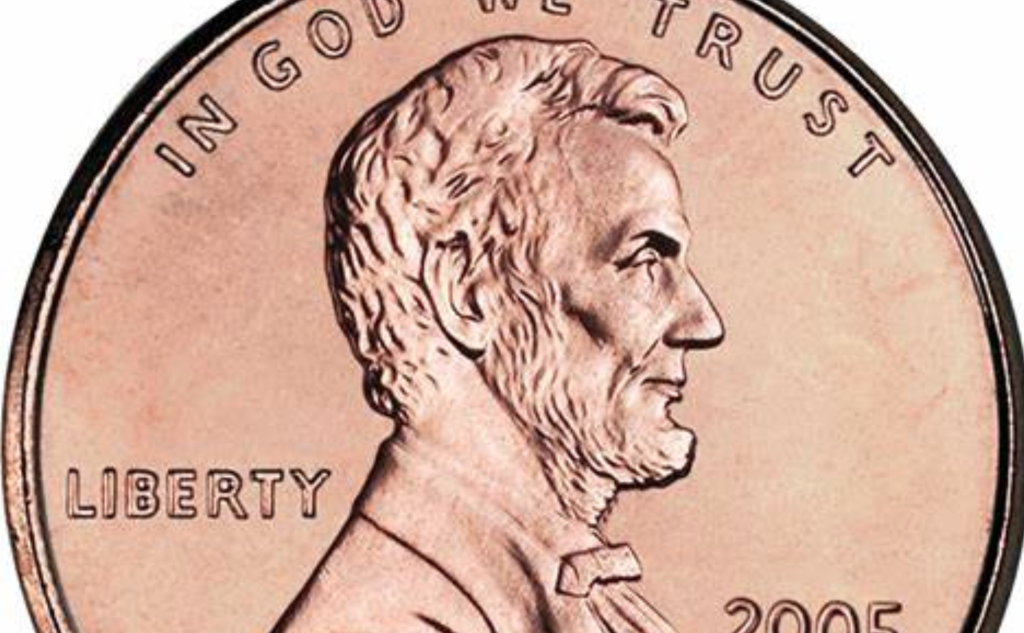

For Lincoln, commerce was an essential dimension of liberty
Abraham Lincoln is renowned for a remarkable series of achievements as president of the United States from 1861 to 1865. Winning the Civil War. Saving the Union. Freeing the slaves. Any of those alone would be sufficient to guarantee him fame for as long as the United States lasts.
What is much less well known or well appreciated is how he reoriented the American economy—and managed to do it while busy doing the other three. Take one more step: Even if Lincoln had only managed that re-direction of the American economy, Lincoln’s presidency would still be regarded as one of the great “hinge” presidencies, along with Thomas Jefferson and Franklin Roosevelt.
Lincoln’s political career began, surprisingly, with economic issues. Although he had “always hated slavery” and could not “remember when I did not so think, and feel,” his first dive into politics was a run for the Illinois state legislature in 1832 built on a platform of economic issues. “I am in favor of a national bank,” he declared, as well as an “internal improvement system and a high protective tariff.”
Those three items do not sound particularly controversial, but in Lincoln’s day they were. A “national bank” meant the federally funded investment bank Alexander Hamilton had persuaded the first president, George Washington, to endorse in order to promote business development in the new republic. “Internal improvements” were code for publicly funded infrastructure projects, from turnpikes to canals, that would help link producers and consumers. And “tariffs” were the taxes imposed on imported manufactured goods so as to give a competitive edge to American manufacturing in its infancy stage. Taken together, they formed a strategy for freeing America from commercial and industrial subservience to the British Empire in the same way the American Revolution had freed the United States from Britain’s political rule. By the time Lincoln emerged as a successful leader in the Illinois legislature, these policies had taken the form of a new national political party, the Whig party, under the leadership of Henry Clay of Kentucky, and Lincoln was happy to call himself an “old-line Henry Clay Whig.”
Unhappily, these policies had to face two of the most powerful political critics of Lincoln’s lifetime: Thomas Jefferson and Andrew Jackson, who were the renowned figureheads of the Democratic party. Both Jefferson and Jackson were suspicious of commerce and manufacturing. They believed that a truly independent American was a farmer who owned his own land and lived off the products of that land without the need for trafficking and haggling with merchants or factory-owners. Jefferson declared in 1785 that “Cultivators of the earth are the most valuable citizens. They are the most vigorous, the most independent, the most virtuous.” Jackson regarded banks as the scheme to “make the rich richer and the potent more powerful,” and he denounced the plan for a national bank as “unauthorized by the Constitution, subversive of the rights of the States, and dangerous to the liberties of the people.” Jefferson actually imposed an embargo on foreign trade in 1808; Jackson vetoed the rechartering of the national bank in 1832.
It did not escape the notice of the Whigs that neither Jefferson nor Jackson did any cultivating of their own but instead relied on slave labor. Lincoln particularly resented the boast of slaveholders and their apologists that slave labor was actually milder and more merciful to the slaves than “wage slavery” in manufacturing. The Virginian George Fitzhugh insisted that “the unrestricted exploitation of so-called free society is more oppressive to the laborer than domestic slavery.” Lincoln, on the other hand, had worked for wages on a flatboat and in a country store. As a lawyer, he represented both individual plaintiffs and railroad corporations. As he himself put it, he “didn’t think he was worse off than a slave.”
Lincoln praised commerce as the engine of self-transformation. “Men who were industrious and sober, and honest in the pursuit of their own interests, should after a while accumulate capital, and after that should be allowed to enjoy it in peace,” Lincoln said in 1859, “and if they chose, when they had accumulated capital, to use it to save themselves from actual labor and hire other people to labor for them, it was right.” The national bank “had performed the fiscal operations of the Government thro’ a period of 40 years” without “one dollar, nor one cent” being jeopardized, while tariffs would “prevent excessive importations of goods” and so “foster our manufactures as to make our nation prosperous . . .”
Unhappily for the Whigs, the United States remained a largely agricultural nation up to the Civil War, and the Whigs remained a minority party in the nation and in Lincoln’s Illinois. Only two Whigs were elected president—William Henry Harrison and Zachary Taylor—and both died in office. Eventually, in 1856, the Whig party itself died from its sheer inability to get national candidates elected.
By that time the issue of slavery had come to dominant national politics, and Lincoln joined the new, anti-slavery Republican party. It was as a Republican that he was elected president in 1860. But anti-slavery Whigs like Lincoln formed the backbone of the Republican rank-and-file, and even while he supervised the war effort against the breakaway Southern Confederacy, he and his party began finally putting into place the old Whig economic agenda and reversing six decades of Jeffersonian and Jacksonian direction of the economy.
When 1860 Republican national platform called for tariffs that would frankly “encourage the development of the industrial interests,” Lincoln enthusiastically affirmed it. “A tariff is to the government what meat is to the family,” he announced. “If there be any article of necessity which can be produced at home, with as little or nearly the same labor as abroad, it would be better to protect that article.” Accordingly, the first Republican tariff legislation fixed import duties on over 1500 products, and at rates averaging over forty-six percent. Then, on July 1, 1862, Lincoln signed the largest infrastructure bill in American history, the Pacific Railway Act, providing government subventions for the creation of a transcontinental railroad. Finally, in February, 1863 Lincoln signed a National Banking Act which brought the Union’s 1400 banks into a single monetary system. All this, and emancipation and Union-saving, too.
If the spirit of Jefferson’s and Jackson’s presidencies was regulation and restriction, the spirit of Lincoln’s economics was enablement and mobility. Lincoln was, as Ralph Waldo Emerson eulogized, “a middle-class president” for a “middle-class country.” The issues he championed—tariffs, infrastructure, banking—would be the principal issues that fueled American movement forward in the nineteenth century into industrial superpower-dom. Not until the presidency of Woodrow Wilson half-a-century later, followed by the Great Depression and the election of FDR in 1932, would the economic policy “hinge” swing again.
Allen C. Guelzo is the Thomas W. Smith Distinguished Research Scholar in the James Madison Program in American Ideals and Institutions at Princeton University. He is the author of Abraham Lincoln: Redeemer President, and most recently, Our Ancient Faith: Lincoln, Democracy and the American Experiment (Knopf, 2024).